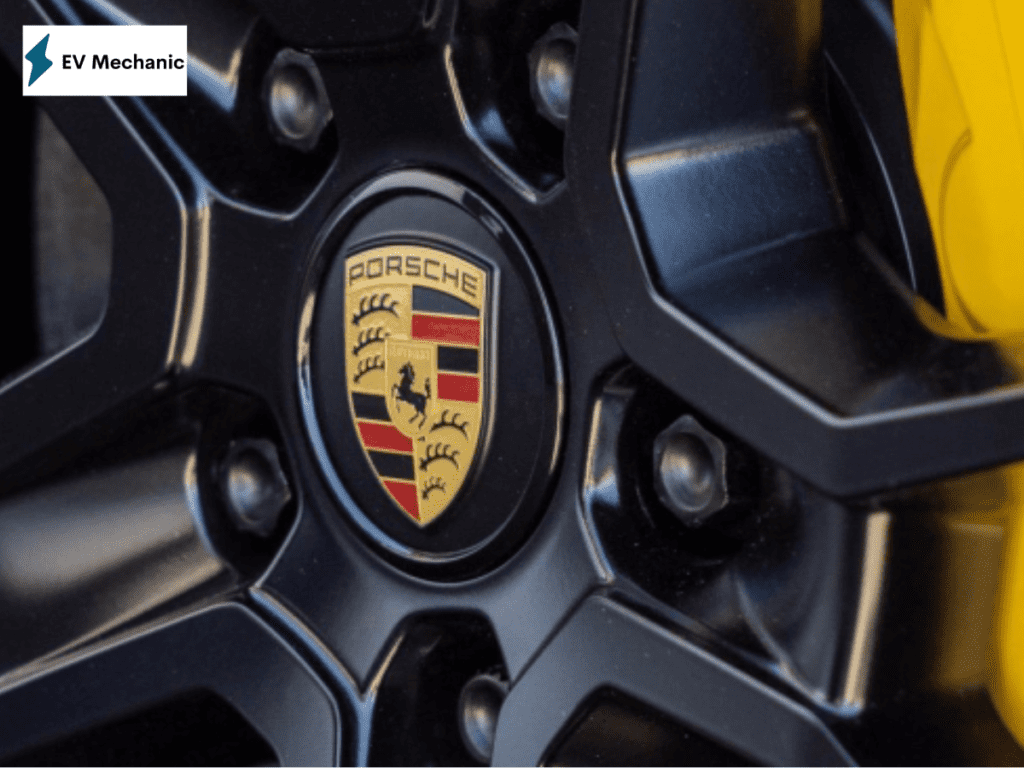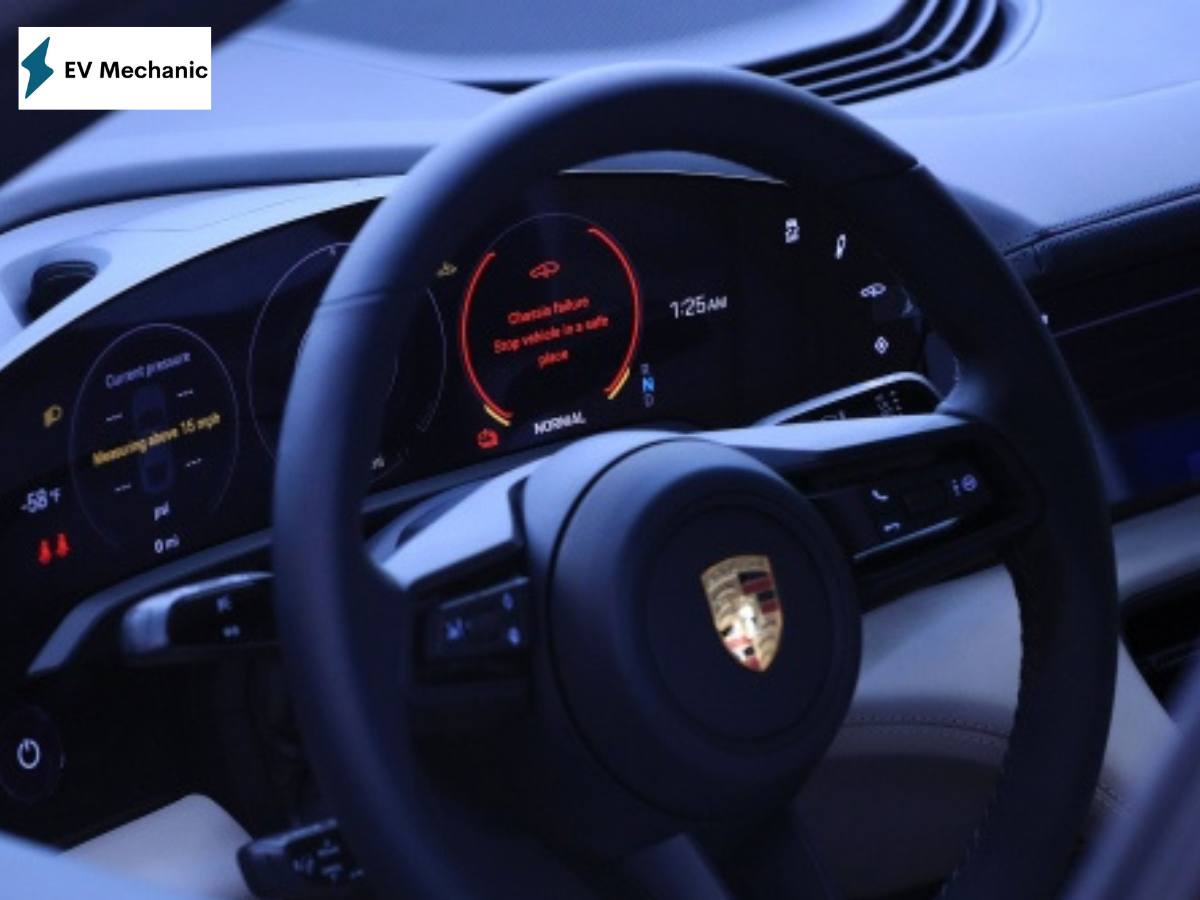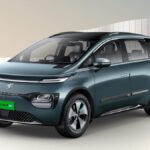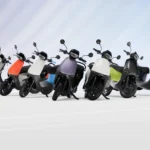Introduction
Porsche AG, a renowned name in the automotive industry, is encountering supply chain challenges that are impacting its battery-electric vehicle (BEV) production. These hurdles have raised concerns about the luxury carmaker’s ability to achieve its BEV sales target amidst slower growth rates in Europe and China. In this article, we delve into the supply chain issues faced by Porsche and the implications they pose for its ambitious EV sales goals.
Supply Chain Struggles and BEV Production
Ongoing supply chain problems are putting Porsche’s ambitions in the electric vehicle market to the test, especially in the securing of critical components such as high voltage heaters. These issues cast uncertainty on the carmaker’s target for BEVs to contribute to approximately 12-14% of total sales. Lutz Meschke, Chief Financial Officer of Porsche, expressed the challenges the company is grappling with in a media call following the release of its half-year results.

Unforeseen Supply Chain Challenges
Chief Executive Oliver Blume highlighted the persistent nature of supply chain issues, noting that there seems to be no respite from these challenges on a weekly basis. This ongoing disruption necessitates a high level of flexibility and adaptability in Porsche’s operations. To achieve its electric vehicle sales target, Porsche needs a substantial improvement in the supply situation during the latter half of the year.
Half-Year Results and Recovery
Despite these challenges, Porsche reported a 10.7% rise in operating profit, reaching 3.85 billion euros, for the first half of the year. Revenue also increased by 14% to 20.43 billion euros. A notable increase of 14.7% in deliveries was observed by the carmaker compared to the previous year, indicating a recovery from the setbacks faced during the same period last year, which were partly attributed to lockdowns in China.
Market Outlook and Resilience
While Porsche has observed recovery in the Chinese market, it noted that the progress is not as robust as anticipated. Additionally, the German market, despite experiencing strong growth earlier in the year, is expected to slow down. Despite these challenges, Blume emphasized that the luxury market, where Porsche operates, tends to be more resilient than the mass market.
Balancing Costs and Pricing
Porsche’s approach to offsetting higher costs includes maintaining consistent pricing while achieving rising sales figures. This strategy has helped the carmaker manage the impact of increased costs, ensuring that its financial performance remains stable.
Operational Metrics
Porsche second-quarter operating return on sales was 19.5%, and the figure for the first half of the year was 18.9%. While slightly below last year’s 19.4%, these metrics demonstrate the company’s commitment to maintaining strong financial performance despite the challenges posed by supply chain disruptions.
Conclusion
Porsche’s pursuit of ambitious EV sales targets is being tested by the complex realities of supply chain disruptions. The ongoing challenges underscore the intricate balance automakers must strike between innovation and operational stability. As Porsche and the broader industry navigate the complexities of the electric vehicle transition, collaboration with suppliers and innovative solutions become crucial in overcoming the obstacles on the road to sustainable mobility. The carmaker’s resilience and determination serve as a reminder that even in the face of supply chain challenges, the electric vehicle revolution is moving forward with determination and vigor.
For Digital Marketing Service check out Best Digital Marketing Agency






